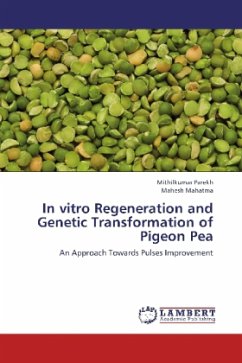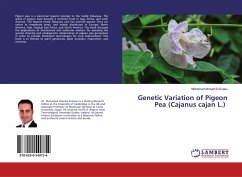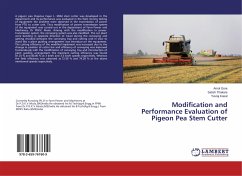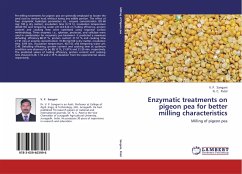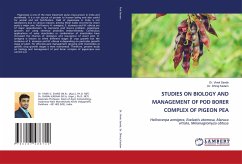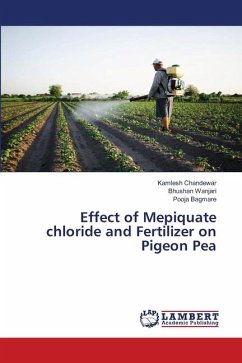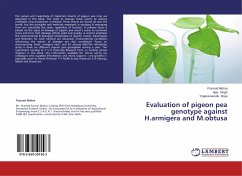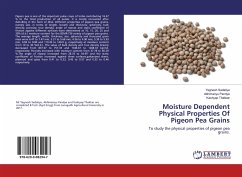An efficient in vitro plant regeneration and Agrobacterium tumifaciens mediated genetic transformation protocol was described for Pigeon pea [Cajanus cajan (L.) Millsp.] using meristem as well as embryonic exile as explant. Shoot apex containing apical meristem were excised from 7-8 days old in vitro grown seedlings and cultured on Murashige and Skoog (MS) medium supplemented with different cytokinins singly or in combinations. BAP (0.5 mg/l) produced maximum number of shoots (6.7) and shoot length (2.9cm). For root induction in vitro produced shoots were transferred to rooting media containing 1/2 MS with IBA (0.3mg/l). In Agrobacterium tumifaciens mediated transformation due to failure of meristem regeneration, embryonic axile was infected with Agrobacterium tumifaciens strain containing pBIN1 Aa3 harbouring npt II and cry1Aa3 gene. The integration of the gene was confirmed using PCR
Bitte wählen Sie Ihr Anliegen aus.
Rechnungen
Retourenschein anfordern
Bestellstatus
Storno

